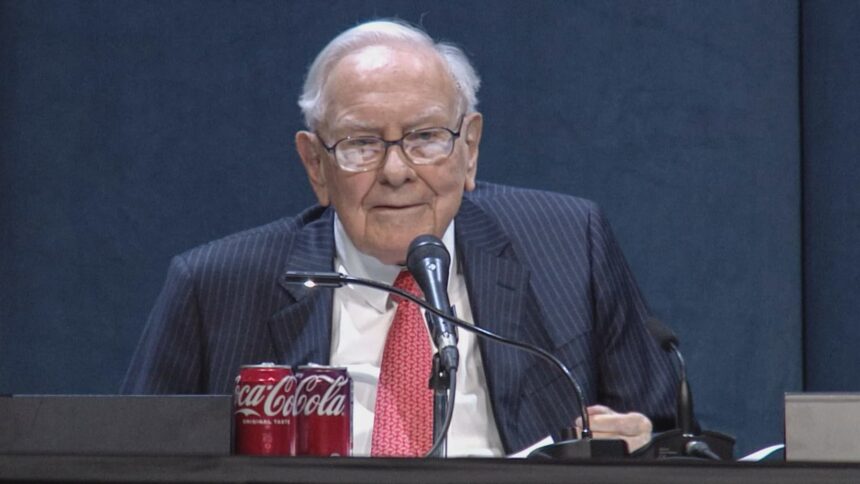On Wall Street, there was a palpable sense of disappointment following the latest developments at Kraft Heinz, with shares plummeting as much as 7.6% on Tuesday after an early morning announcement, only to recover slightly by the end of the trading week, closing down 2.4%. The company’s recent split strategy has raised questions about the future of Berkshire Hathaway’s stake in the food giant, particularly in light of criticisms from Warren Buffett himself.
Buffett’s discontent was evident as he did not rule out selling Berkshire’s investment in Kraft Heinz. He stated, “We will proceed to do whatever we think is in the best interest of Berkshire.” However, he emphasized that if they were approached about selling, they would not accept a block bid unless the same offer was extended to all other Kraft Heinz shareholders, illustrating his commitment to fairness among investors.
One point of contention for Buffett was the projected $300 million in additional overhead costs to implement the split over the next year. He expressed skepticism about its potential effectiveness, remarking, “It certainly didn’t turn out to be a brilliant idea to put them together, but I don’t think taking it apart will fix it.”
Berkshire Hathaway had teamed up with Brazil’s 3G Capital Management in 2013 to acquire H.J. Heinz for $23.3 billion, and two years later, Kraft merged with Heinz, placing Berkshire in possession of more than 325 million shares in the company, valued at around $24 billion at that time. Although the value of Berkshire’s investment blossomed to nearly $30 billion in 2016, it has since faced severe fluctuations, currently hovering around $10 billion since 2020. Buffett acknowledged that the shares initially cost Berkshire $9.8 billion, resulting in an overall loss of about $1 billion, with a notable $3.8 billion write-down in the second quarter to better reflect the market value.
The unsettling news of the split came as no great surprise; in July, reports indicated that Kraft Heinz was considering spinning off a significant portion of its grocery business, which includes various Kraft products. Speculation grew when two Berkshire executives resigned from the Kraft Heinz board in May, coinciding with the company’s announcement of an “ongoing evaluation of strategic transactions to unlock shareholder value.” Those resignations stirred rumors of potential sales, adding to the stock’s instability.
Analysts believe that Buffett’s criticisms reflect broader issues at Kraft Heinz, particularly its failure to adapt to changing consumer preferences. Observations from industry experts suggest that the split might not represent a bold strategic shift but rather a reaction to years of underperformance that prioritized cost-cutting over innovation. Columnists have described the situation at Kraft Heinz as less than promising, pointing towards a cycle of financial engineering that has not yielded the desired results.
As Berkshire Hathaway holds more than 10% of Kraft Heinz’s shares, any open market sales would require immediate public disclosure, which could trigger additional selling by other investors. The uncertainty surrounding the company and its stock performance poses significant challenges, as Buffett’s public discontent further fuels speculation on how the situation might evolve in the near future.







